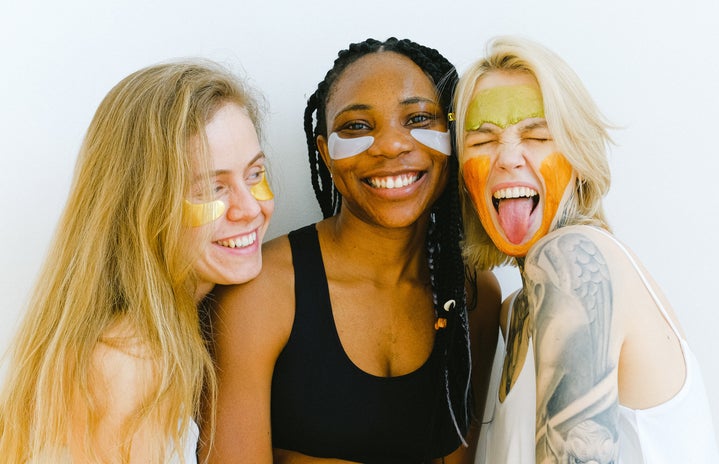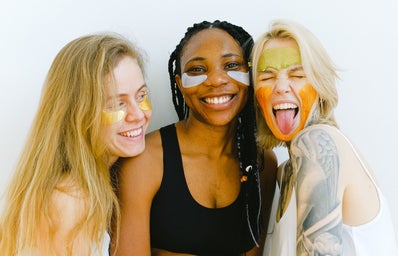During the start of the COVID-19 Pandemic, many people found new hobbies during the nationwide quarantine. Whether it was on YouTube, TikTok, or Instagram, I found a lot of new content on skincare ingredients and products that I had never heard of before. I struggled with acne in high school, and as a result I was prescribed Tretinoin Cream. However, I always felt like I wasn’t getting the drastic results I wanted so I instantly became interested in learning more about how I could improve my current skincare routine.
Before I went to social media platforms for advice, I decided to interview a friend of mine who is very well versed in the world of skincare. Shawna Linder, at 19 years old, recently graduated with a bachelor’s degree in Communications. More importantly, she has also earned her licensing as an esthetician. Shawna was kind enough to answer a few questions I had about skincare trends, and I’m here to share the advice.
The first question I asked was, “What is the biggest misconception you see most in the skincare community on social media?” Shawna explained that she feels the most frustrating thing to see as an esthetician on social media is the number of people who claim they know what is best for themselves “because they see influencers promoting skincare items” without properly understanding the science behind skincare. She noted that it is important “to learn about how to take care of their skin type.”
Following her response to that question, I followed with asking “Which ingredient would you recommend most for each skin type?” She began by stating, “all skin types should be using cleanser, toner, serum, and moisturizer.”
But which specific ingredients should each skincare routine include depending on the person’s skin type?
For those with oily skin, Shawna recommends glycolic acid, “to help with overall skin tone and texture.”
For those with dry skin, Shawna says “you should be using products that are moisturizing; even something as simple as coconut oil. Aloe Vera is also great!”
For combination skin, Shawna states that the ingredients you most want to include in your routine are “AHA’s (alpha-hydroxy acids) and BHA’s (beta hydroxy acids), and salicylic acid.”
Finally, for those who have sensitive skin, Shawna explained to me that “sensitive skin does well with ingredients like lactic acid and oatmeal.”
I went on to ask Shawna how often we should wear sunscreen and if she recommends Chemical or Mineral Sunscreen over the other. She replied, “Every day! It’s so important, and mineral for sure.”
For readers who have darker complexions, as a disclaimer, mineral sunscreen is known for having a strong white cast at times. Here is a link for a list of sunscreens (mineral and chemical) suitable for dark skin tones.
Finally, my last question for the interview was, “At what age should people incorporate anti-aging ingredients, such as retinoids, such as retinoids?” Shawna replied, “It’s not a bad idea to start even as early as your 20’s. Retinol is a great anti-aging ingredient.”

